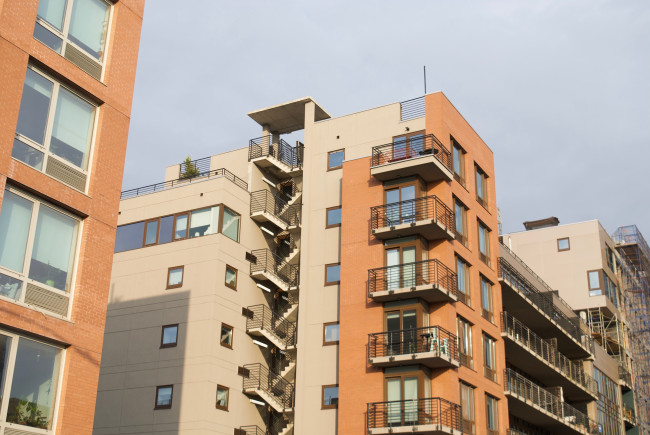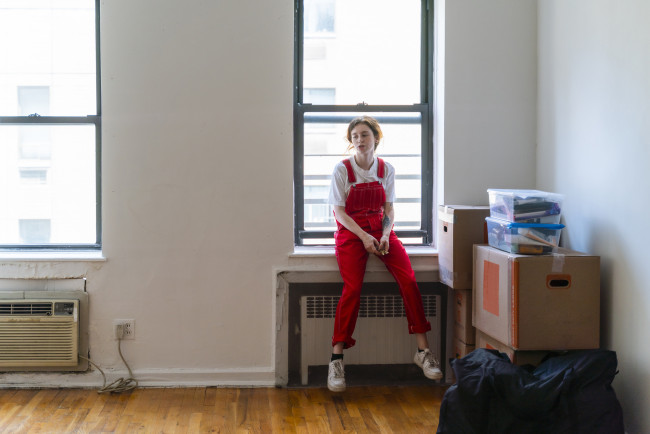A landlord wants to see six month's rent in my savings account. Is this normal?
- It’s legit but rare for a landlord to consider a future renter’s savings
- A healthy savings account could help offset a shaky application
- Your credit history matters a lot more than money in the bank

Landlords can ask for a certain amount to be in your bank account—but it's rare unless there are red flags on your application.
iStock
My annual salary is 50 times the monthly rent but the landlord wants to see six months of rent in my savings account. Is this normal? Is it legal?
Landlords can require you to have a certain amount of money in your bank account, but it’s rare unless your application raises other red flags, our experts say.
“A landlord can set reasonable financial requirements to rent an apartment as long as they are not engaged in illegal discrimination,” says Sam Himmelstein, a tenants’ rights attorney at Himmelstein McConnell Gribben & Joseph (and a Brick Underground sponsor). “Wanting a tenant to be financially solvent is not illegal discrimination.”
A good credit history is far more important than a fat savings account
NYC landlords generally like to see that you earn an annual salary of 40 to 50 times the monthly rent and that you’ve been at your job for at least a year. They also typically review two to three months of bank statements, says David Schlamm, the founder and principal broker of City Connections Realty, which exclusively represents hundreds of NYC rental buildings.
“While having a decent amount or a lot of money in the bank is always a positive, it’s not that important to every landlord,” Schlamm says. “At the end of the day, the money is in your savings account, not your landlord’s. It’s very secondary to your credit history, your debt-to-income ratio, and the security of your job.”
Your credit history is by far the biggest determining factor among the landlords his firm works with, Schlamm says.
“Most landlords look for a 700-plus credit score. If you have tax or other liens, many charge-offs and a consistent record of paying late, then that might lead to an automatic rejection,” he says.
A borderline credit history might consist of a couple of 30- or 60-day late payments and/or nearly maxed out lines of credit, he says. In that case, a landlord might ask for a guarantor, or be reassured by a healthy balance in your savings account.
Trouble at home? Get your NYC apartment-dweller questions answered by an expert. Send your questions to [email protected].
For more Ask an Expert questions and answers, click here.
You Might Also Like




























